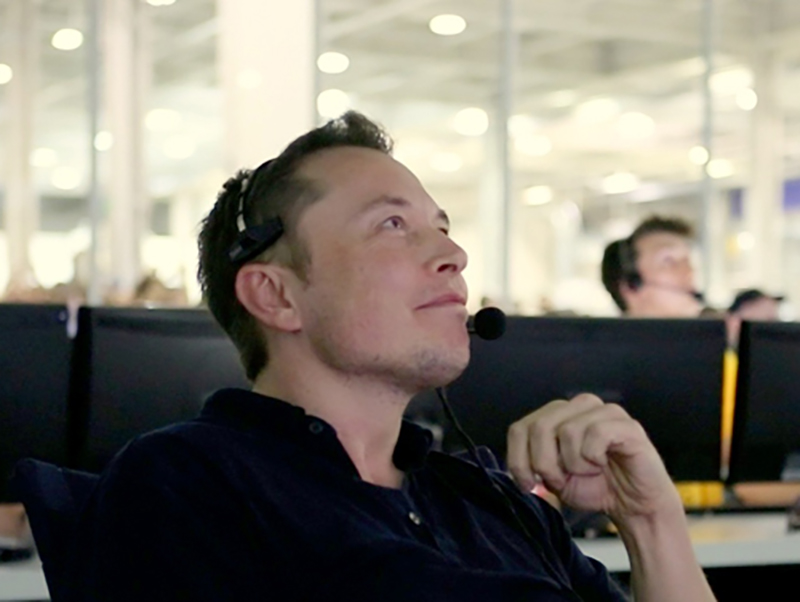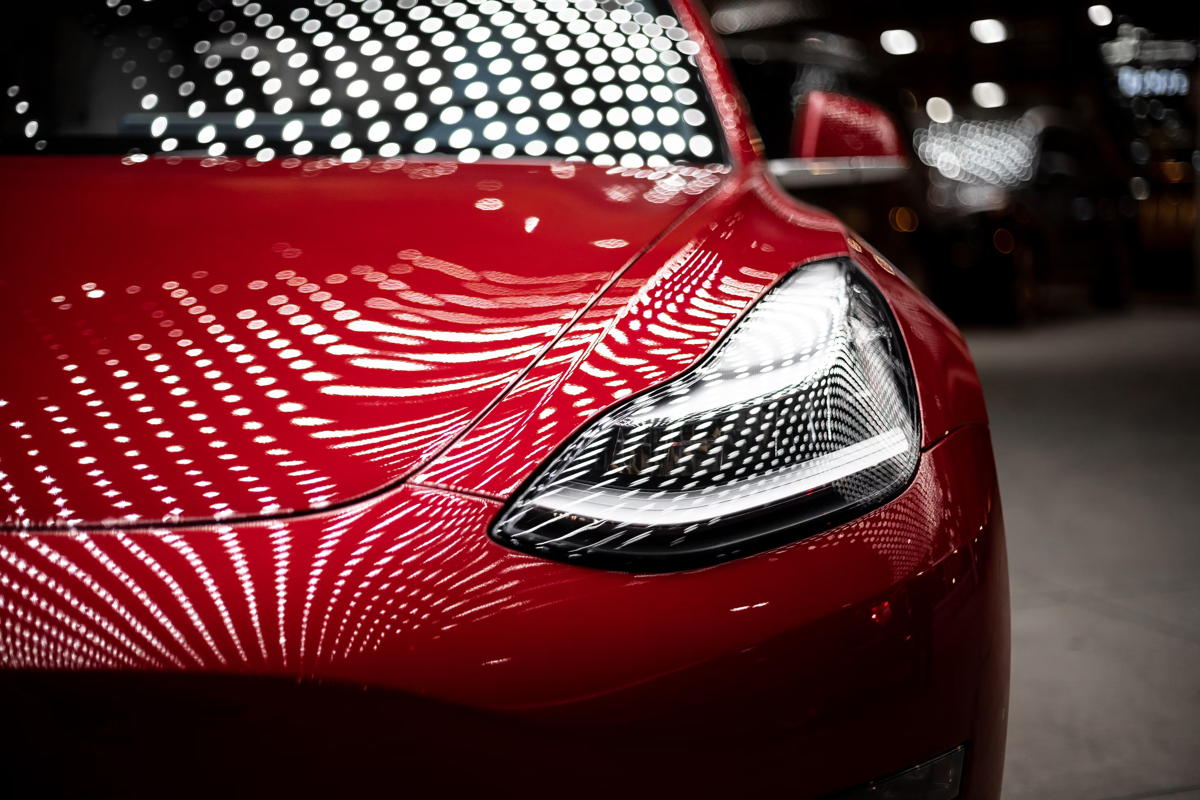Tesla Shares Surge On China Advanced Self-Driving Push

Tesla makes key advances toward advanced self-driving rollout in China as chief Elon Musk meets with premier Li Qiang
Tesla shares have surged after reports said it made two significant advances in its effort to enable the company’s most advanced driver-assistance features on roads in China, during an unannounced visit to the country on Sunday and Monday by chief executive Elon Musk.
The electric vehicle maker’s shares were trading up more than 27 percent in early Monday trading, but are still down about 21 percent from their price at the beginning of this year.
Tesla reached a deal with major Chinese tech company Baidu to access high-resolution maps of roads, rather than relying on lower-resolution maps or its own camera-generated high-resolution maps, as it has done in the past, according to multiple reports.
Baidu is one of only about 20 firms in China licenced by the Chinese government to obtain access to high-resolution mapping data, with others required to make deals with those companies to access the data.

High-resolution maps
Such maps are necessary for Tesla’s Full-Self Driving technology, the company’s most advanced package of driver-assistance features.
In addition, Tesla along with five Chinese automakers have obtained approval for their data security measures for dozens of car models from the government and the China Association of Automobile Manufacturers, the association said.
The approval covers Tesla vehicles including the Model 3 and Model Y, as well as Chinese electric vehicle makers including BYD and Nio.
China has been tightening data-security provisions in recent years, including placing limits on data leaving the country.

Data security
Tesla operates a data centre in Shanghai, where it also has a major manufacturing plant, to handle data collected by its cars in China, its second-biggest market after the US.
China’s data rules also prohibit the cameras built into advanced automobiles, such as Tesla’s, from capturing the faces of people outside of cars, amidst other restrictions.
The advances may pave the way for Tesla to enable Full-Self Driving (FSD) in China in a move that could help reverse its recent sales and revenue declines in the country.
FSD was formerly billed as a “beta” or test offering, but in the product’s latest release on 30 March Tesla rebranded it as “Supervised Full Self-Driving”.
‘Full Self-Driving’
The product offers more advanced features than the cars’ standard “Autopilot” driver-assistance package, such as “Navigate on Autopilot”, which “actively guides” vehicles on highways, and a version of “Autosteer” steering assistance that works on city streets.
Musk arrived in China on Sunday morning and almost immediately met with premier Li Qiang, the country’s second-highest ranking official after president Xi Jinping. Qiang is a longtime ally of Musk and facilitated the construction of the Shanghai plant.
The trip comes amidst efforts by Musk to reinforce Tesla’s credentials in artificial intelligence (AI) amidst investor concerns about sagging sales and profits.
In announcing Tesla’s disappointing financial results last week, Musk told investors the firm should not be thought of as just making cars but “as an AI robotics company”.
Tesla Robotaxi unveil on 8/8
— Elon Musk (@elonmusk) April 5, 2024
Robotaxi
On 5 April Musk said Tesla would unveil its long-awaited “robotaxi” on 8 August.
The message came on the same day that Reuters reported Musk had decided to shelve plans for an affordable EV in favour of focusing entirely on a fully autonomous vehicle that would make other cars obsolete.
Tesla’s driver-assistance features have come under increasing criticism over their safety, with the US highways regulator on Friday launching a probe into whether a recall last December adequately addressed safety issues.
Ahead of its latest financial results Musk said Tesla would lay off more than 10 percent of its staff, or about 14,000 people.